We find out if we’re likely to lose our Moon one day
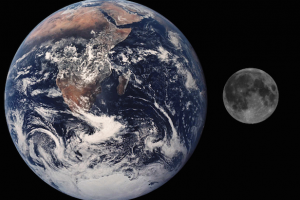 Solar System
Solar System

 Solar System
Solar System
We find out if we’re likely to lose our Moon one day
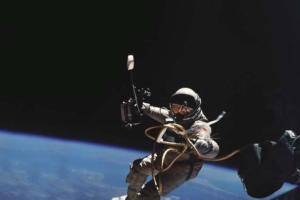 Space Exploration
Space Exploration
Spacewalks can be dangerous for a number of reasons, but find out what would happen if one of the reasons came true
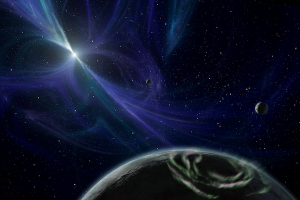 Deep Space
Deep Space
We take a look at the answer to this intriguing question
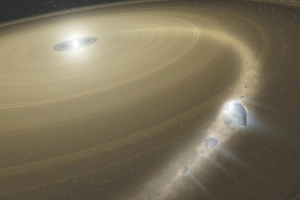 Solar System
Solar System
What is the longest-period comet we know about?
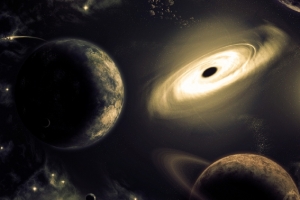 Solar System
Solar System
Hint: it doesn’t end well for Earth…
 Astronomy
Astronomy
The Polish astronomer who revolutionised our understanding of the Earth’s place in the Solar System.
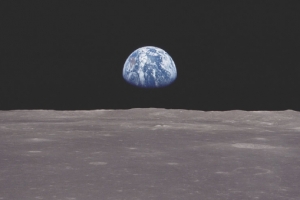 Solar System
Solar System
Would any of the proposed plans to capture asteroids affect the Earth’s orbit?
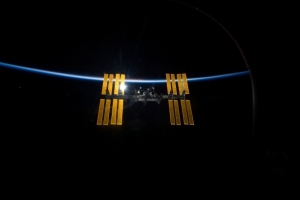 Space Exploration
Space Exploration
Gemma Lavender gets to the bottom of this question for us.
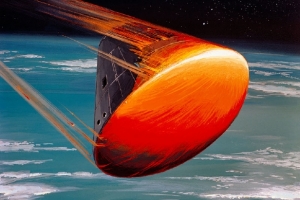 Space Exploration
Space Exploration
The science of re-entry explained
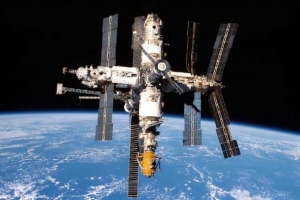 Space Exploration
Space Exploration
De-orbited in 2001, we find out if there are still pieces of the Mir space station in space
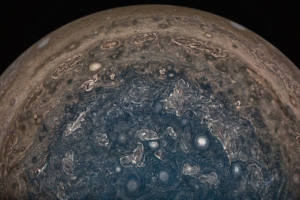 News
News
The decision will allow Juno to accomplish its science goals, while avoiding the risk of a previously-planned engine firing that would have reduced the probe’s orbital period to 14 days
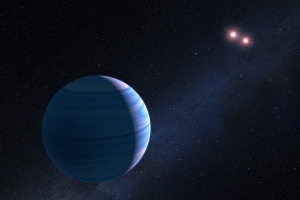 News
News
NASA’s Hubble Space Telescope has confirmed the existence of a planet orbiting the OGLE-2007-BLG-349 system
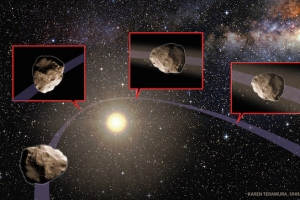 News
News
The space rocks are thought to be destroyed in a drawn out, long hot fizzle, much farther from the Sun than previously thought
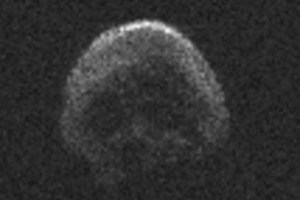 News
News
The object, which was considered a potentially hazardous object, will pass the Earth just 25 per cent beyond the Moon’s orbit
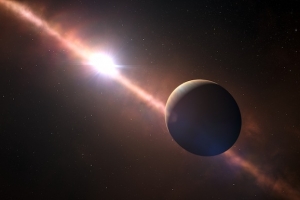 News
News
The Gemini Observatory has given us our best view yet of an exoplanet moving in its orbit around a distant star
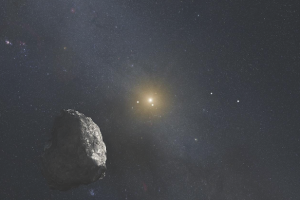 Solar System
Solar System
We find out how vast our solar neighbourhood really is
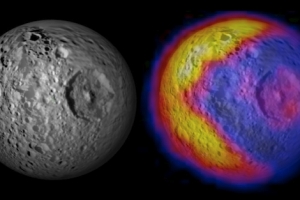 Solar System
Solar System
This small Saturnian moon is one of the most heavily cratered bodies in the Solar System, including one massive impact…
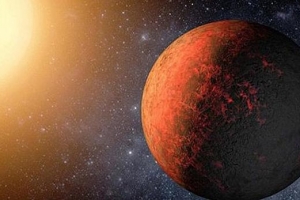 Deep Space
Deep Space
How do we know for sure that this distant world is an exoplanet and not a comet or an asteroid?
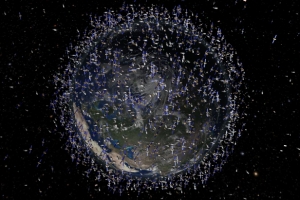 Space Exploration
Space Exploration
Find out why manmade satellites don’t crash into each other all the time
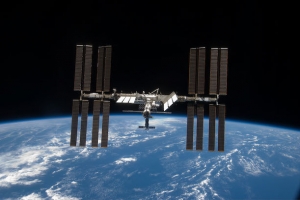 Astronomy
Astronomy
How many of the artificial satellites orbiting our planet can you see with the unaided eye?